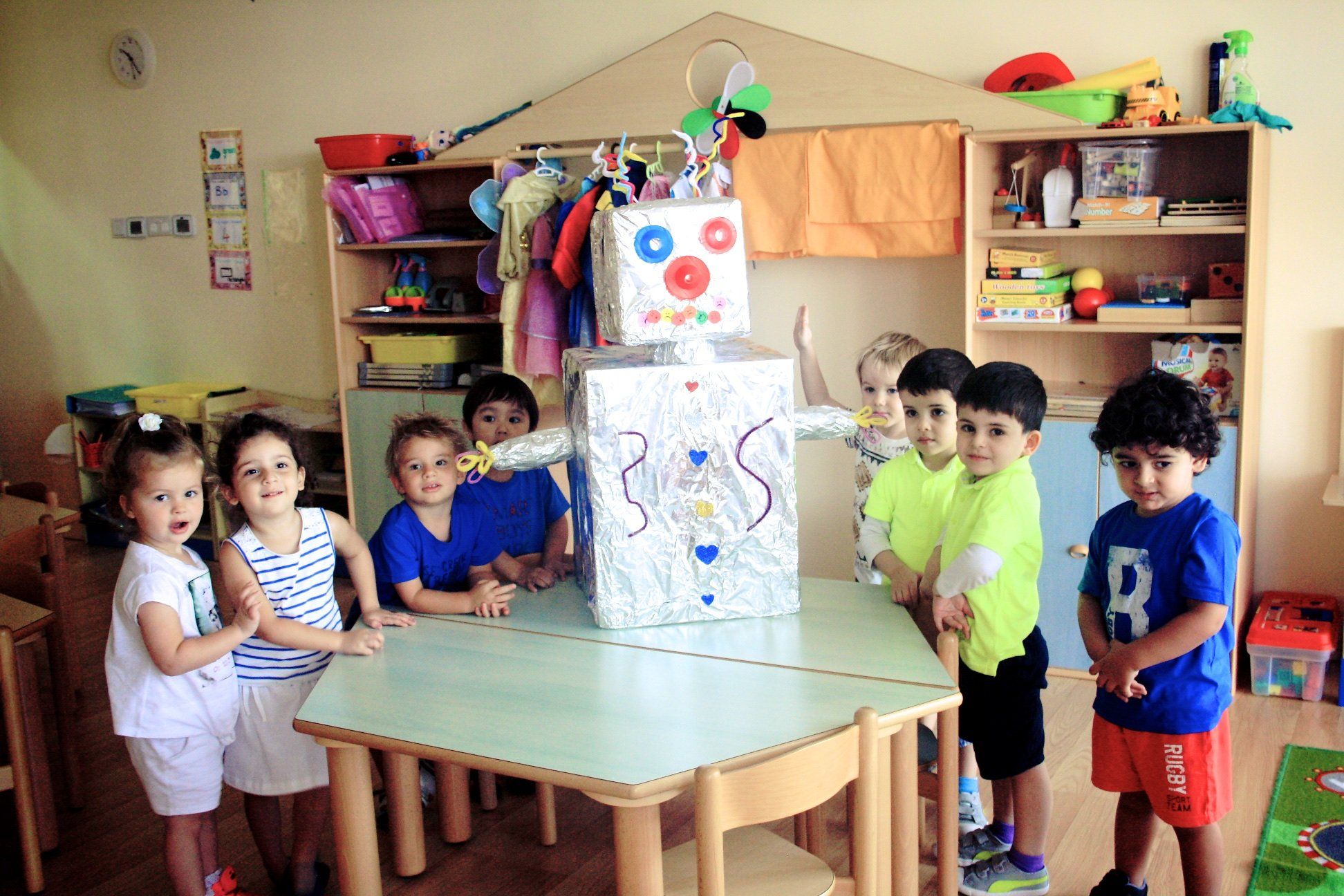Exploring the Role of Play-Based Programs in Nursery School Education

Play-based programs in nursery school education are more than just fun and games; they are essential components of early childhood development that foster a range of crucial skills and abilities in young children. These programs recognize the importance of play as a natural way for children to explore, discover, and make sense of the world around them. By incorporating play into educational settings, nursery schools create a dynamic and enriching learning environment that promotes holistic growth and lays the foundation for future academic success. Let’s delve into the vital role of play-based programs in a nursery in JBR.
1. Fostering Creativity and Imagination:
Play-based programs encourage children to unleash their creativity and imagination. Through open-ended play, children can explore various roles, scenarios, and ideas, allowing them to express themselves freely and think creatively. This fosters a love for learning and problem-solving skills, as children are encouraged to devise their solutions and explore new possibilities.
2. Enhancing Social Skills:
Play is a natural platform for social interaction, and play-based programs provide ample opportunities for children to engage with their peers. During play, children learn essential social skills such as sharing, taking turns, and collaborating with others. These interactions promote empathy, communication, and the development of healthy relationships, laying the groundwork for successful social interactions throughout life.
3. Promoting Language Development:
Play-based programs offer rich language experiences, as children engage in conversations, storytelling, and imaginative play. Through these activities, children enhance their vocabulary, communication skills, and language comprehension. This linguistic development forms the basis for future academic success and fosters a love for reading and learning.
4. Encouraging Cognitive Growth:
Play-based programs stimulate cognitive growth by presenting children with diverse challenges and problems to solve. Whether building with blocks, solving puzzles, or engaging in pretend play, children develop critical thinking, problem-solving, and decision-making skills. These cognitive abilities are essential for academic readiness and lifelong learning.
5. Nurturing Emotional Intelligence:
Play-based programs provide a supportive environment for emotional growth. Children can express their feelings through play, helping them develop emotional intelligence and self-awareness. This emotional understanding enables children to manage their emotions and empathize with others, promoting healthy emotional development.
6. Building Physical Skills:
Play-based programs incorporate various physical activities that promote the development of gross and fine motor skills. Whether running, jumping, drawing, or building, children enhance their coordination, balance, and dexterity through play. These physical skills are essential for overall development and contribute to a healthy lifestyle.
7. Instilling a Love for Learning:
Perhaps one of the most significant benefits of play-based programs is the instillation of a love for learning. By making education enjoyable and engaging, children develop a positive attitude towards learning from an early age. This enthusiasm for learning becomes a driving force for continuous growth and exploration throughout their educational journey.